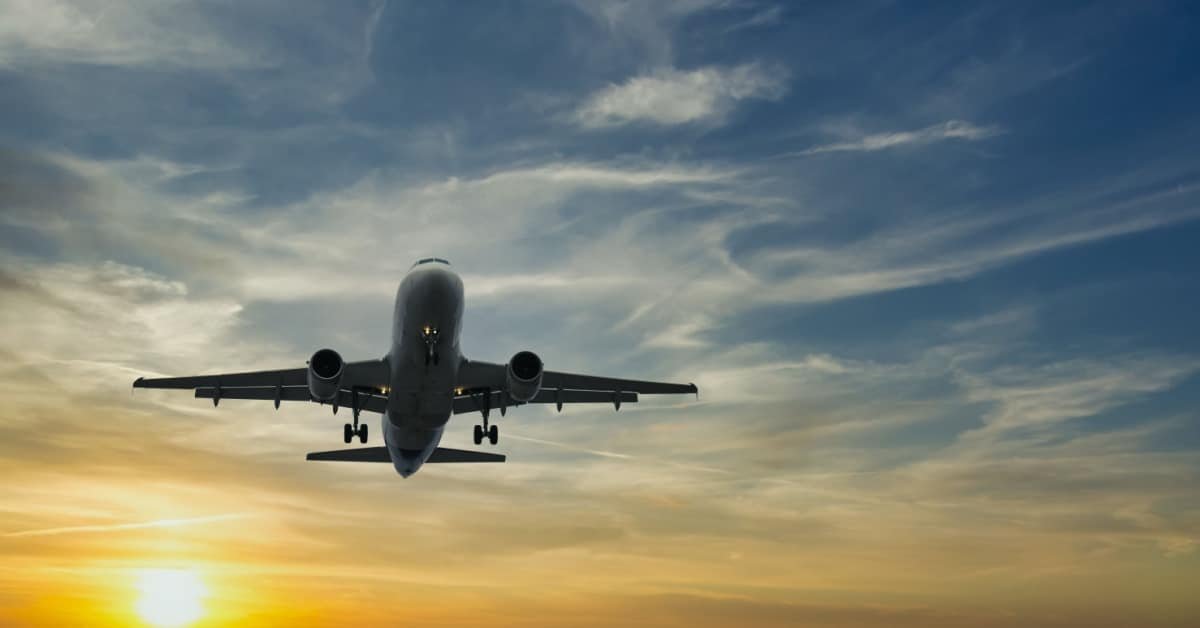Top budget airlines in the Philippines have pledged to take responsibility for environmental protection and sustainability, acknowledging that the aviation industry accounts for over two percent of global carbon dioxide (CO2) emissions.
At the 2024 Philippine Tourism and Hotel Investment Summit, AirAsia Philippine CEO Ricky Isla emphasized that the development of technological infrastructure, policies, regulations, investment opportunities, and technical capabilities for sustainable aviation fuel (SAF) are still in their early stages in the country.
Similarly, Cebu Pacific’s president and chief commercial officer, Xander Lao, stated that the airline continues to make progress across the three dimensions of sustainability—environment, social, and governance (ESG), as highlighted in its recently released 2023 sustainability report, “Sustained Momentum.” The report’s milestones have solidified Cebu Pacific’s position as a leader in sustainable aviation in the Philippines.
“We remain committed to pursuing sustainability in aviation through initiatives that mitigate our environmental impact, enhance operational efficiency, and contribute to economic progress. Furthermore, we are dedicated to continuously integrating responsible business practices that support our growth ambitions in the future,” Lao said.
AirAsia is Fueled for the Long Haul
The tourism industry has a promising future, as the recent pandemic has allowed destinations to take a breather, recover, and flourish. But AirAsia Philippines also recognizes the urgency of doubling down on efforts to reduce carbon emissions and accelerate the adoption of sustainable aviation fuel (SAF) to lessen its environmental footprint.
Despite the challenges, Isla shares that the airline remains on track with its Net Zero program, which aims to increase the use of SAF from 2% (40.62 tonnes) in 2025 to a maximum of 70% (1.90 million tonnes) by 2050 across the entire AirAsia group, including the Philippines.
“Looking ahead, we remain committed to raising the sustainability bar. Among others, we will be pursuing regulatory approvals for CORSIA [carbon offsetting and reduction scheme for international aviation] offset management, regional expansion of our aviation sustainability campaign, and incorporating renewable energy at ADE’s [Asia Digital Engineering] maintenance facilities. At AirAsia Foundation, we look forward to expanding our partnerships for sustainable travel”, Isla said.
For now, AirAsia Philippines has implemented measures such as Fleet Management, the use of more efficient aircraft such as the A321neo, and the optimization of aircraft operation (known as Green Flight Operations), to ensure its proactive approach to sustainability.
AirAsia has taken small yet meaningful steps to promote sustainability across its flights. Their passengers are encouraged to bring reusable items such as flasks, coffee cups, and utensils, when traveling. Additionally, Isla emphasizes the importance of collaboration between airlines and other stakeholders in raising awareness among travelers.
AirAsia Philippines also welcomes the decision by the Civil Aeronautics Board (CAB) to lower the Fuel Surcharge from Level 6 to Level 5 for July. Over the past five months, the Fuel Surcharge has remained at a high of Level 6. The downgrade to Level 5 will result in lower fees for passengers, ranging from PHP 151.00 to P542.00 for domestic flights and between P498.03 to P3,703.11 for international flights, depending on the destination.
Clean and Clear Skies Ahead for Cebu Pacific
Cebu Pacific (CEB) is also focused on environmental sustainability, with a core strategy focused on decarbonization. CEB is modernizing its fleet with the advanced and fuel-efficient New Engine Option (NEO) aircraft, with 43% of its fleet now consisting of NEO planes. This has led to a reduction of 161,000 tonnes in carbon emissions. The airline wants to have an all-NEO fleet by 2028, further contributing to its environmental goals.
CEB also implemented flight optimization and comprehensive fuel efficiency best practices. These efforts alone saved them 16 million kilograms of jet fuel, and further reduced their carbon emissions by almost 51,000 tonnes.
The company’s sustainability efforts go beyond just environmental concerns. They have demonstrated a strong commitment to social responsibility as well. This includes investing in and empowering their employees, which has led to the signing of a collective bargaining agreement with the cabin crew union. The airline also launched the “IncluCEB Space” program in 2023 to promote diversity, equity, and inclusion among its workforce.
In the realm of governance, CEB has been recognized as one of the top Philippine listed companies in corporate governance, receiving a 3-arrow golden recognition under the Golden Arrow Awards. The airline has also improved its overall ESG performance, as reflected in its enhanced S&P Global ESG score and MSCI ESG ratings.


